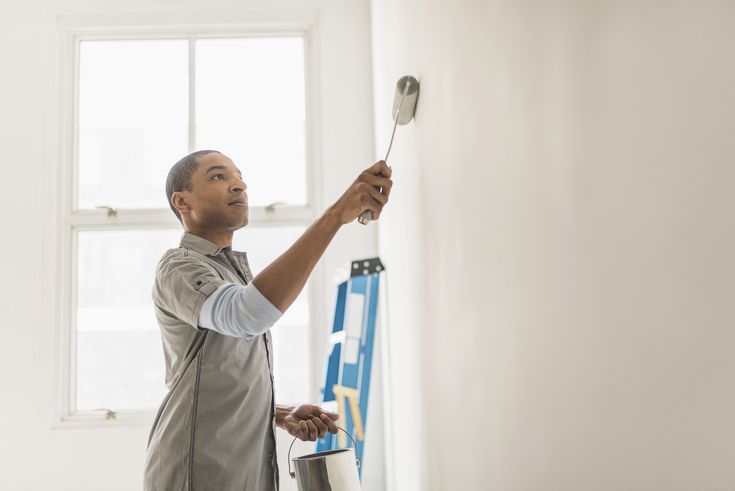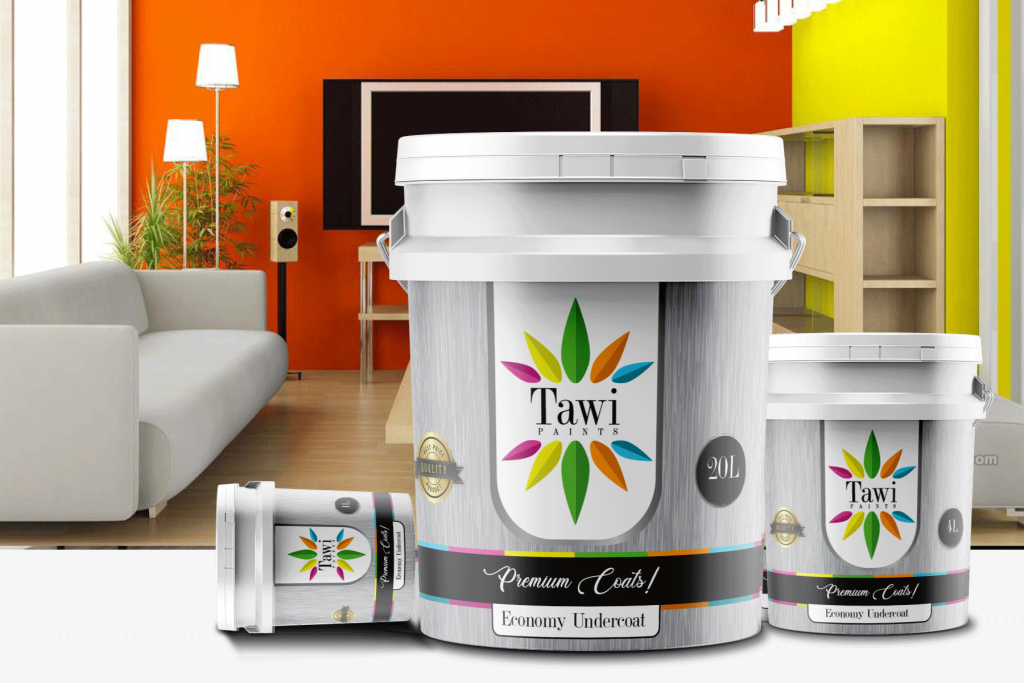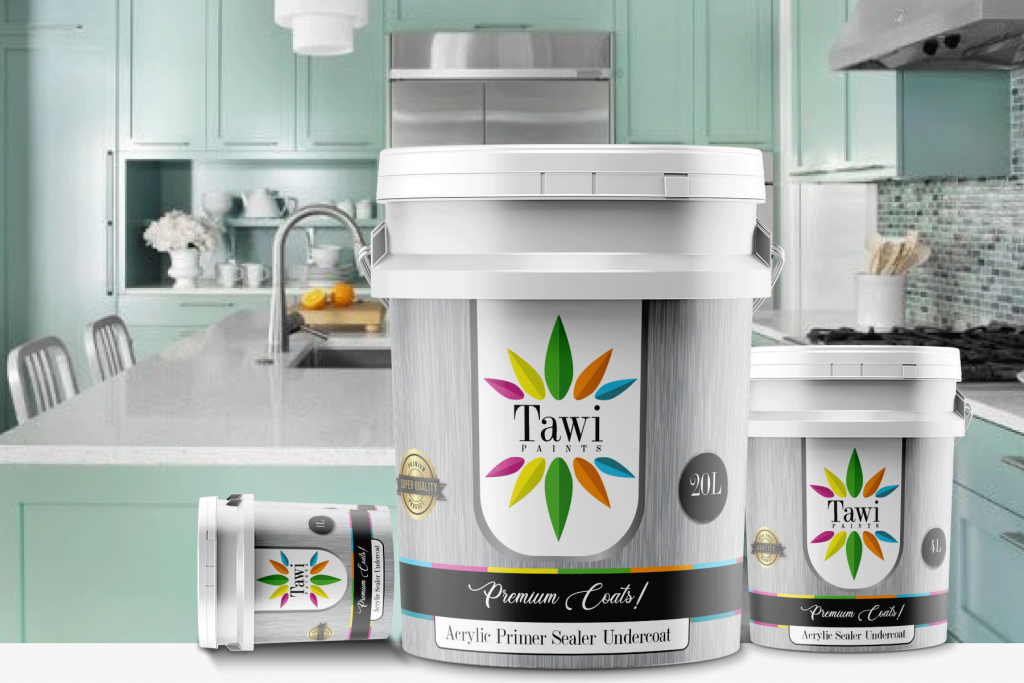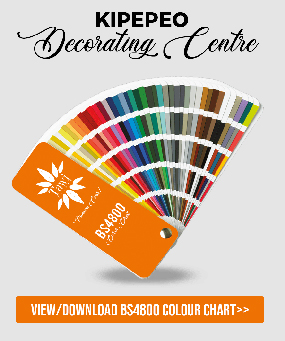
If you want your chosen paint color and finish to adhere to the surface, then primers are a must. Primers and sealers are vital for the preparation stages of painting. That’s why all the best paint manufacturers and sellers have them. So let’s dive in, shall we?
Primers & Undercoats 101.
Primers are designed to help paint adhere to your surface while creating a uniform finish with every coat. The primer sticks to the surface so that the paint finish can stick onto the primer. Get it?
The primer’s work is basically to penetrate the unpainted surface so that any porosity can be smoothed out. Primers also prevent stains, as well as previous colors from showing up underneath your brand new paint job. After you have spot patched certain areas and made repairs in others, you will also need primers to even out the surface for a professional-looking finish.
Priming is also necessary whenever you want to switch paint types. For instance, let’s say you want to go from oil-based paint to a water-based one, or if you want to change colors drastically, you will need to prime your surface for the best results. If the paint is cracking, crumbling or if there is significant damage, priming your wall can eliminate any issues in the future.
You always need a primer of you are painting a lighter color over a darker one. Vinyl matt and silk paints, especially, need at least one coat of primer to ensure an even finish. Try not to wait too long after priming to apply the coat of paint.
Are there different types of primers?

Now here is the thing about primers that you need to know; there are different primers formulated for different surfaces.
For example, primers formulated for wood contain special ingredients such as stain preventing tannin blockers or preservatives that seep into the wood to create a seal. Primers for walls, on the other hand, also have specialized ingredients. As such, always pick the right primer for the right job.
Additionally, some primers work best for exterior projects while others work best for interiors. Case in point, latex primer always works best for the exterior because it lasts longer and is more capable of handling the constant changes in temperature without cracking. Water-based primers on the other hand are easier to work with.
Interior primers are designed to seal, boost adhesion, and create a uniform surface on the walls. Exterior primers, alternatively, are designed to reduce cracking, mildew, as well as protecting masonry surfaces from things like efflorescence and alkalinity.
When choosing which primer to use, you will primarily choose from 3 varieties in the market” latex/water-based, oil-based, and shellac primer. Let’s look at each one and its different uses:

Oil-based primers
Oil-based primers are extremely versatile and can work with most types of paint, whether water-based or oil-based. They can also be applied to a wide range of surfaces such as wood, steel, and many other metals. Oil-based primers are great for killing or hiding stains so if you have significant damage, they will prevent these imperfections from showing up in your new coats.
oil-based primers do have some drawbacks. Not only are they slow drying, but they are also known to release high amounts of volatile organic compounds or VOCs, which are extremely harmful after prolonged exposure. Oil-based paints also need thinners, which are often harsh on the environment and are hard to clean from brushes and applicators. Oil-based primers should never be used on masonry.
Latex or water-based primers
Latex primers are all water-based and are the best for preparing unfinished drywall for painting. Unlike their oil-based counterparts, water-based primers dry quickly and are more durable, which means that they are less susceptible to cracking and peeling. They are also great for use on wood.
Latex primers are good for walls because they even out the surface nicely even on areas that have been patched or repaired. They also tend to offer better coverage when it comes to minor stains such as lipstick, crayon, food stains, etc. Best of all, they do not have any VOCs, which makes them healthier and more environmentally friendly.
Shellac primers
Shellac primers ate the most effective stain-blocking primers. As such, if you are dealing with serious damage on your walls or surfaces, you want to go with a shellac primer. Shellac primers are so effective that they even seal in smells from water or smoke damage. They are also ideal for preventing rusting and work well on all sorts of surfaces, even plastic, and plaster.
Shellac primer is very versatile as it can be used with both oil and water-based paints. The only thing is that they are not as good for you as water-based primers. You also need to use denatured alcohol to thin them out. Cleaning your tools will also require that you invest in applicators.
Safety tip
Primers can produce fumes that can be hazardous when exposed for prolonged periods. Whenever you want to use primer, make sure that your workspace is well ventilated. Make sure that you open all the windows so that the air can flow freely.
We sell primer!
At Tawi, our premium quality water-based primer is a one-step pre-coat formulated with special acrylic polymer for good adhesion on multi-purpose substrates. You can use it as a multi-substrate sealer for both interior and exterior surfaces which include concrete and fiberboard, wooden doors, windows &furniture, plastics such as uPVC, and PVC. Order your primer here.


Need oil based primer in Mombasa